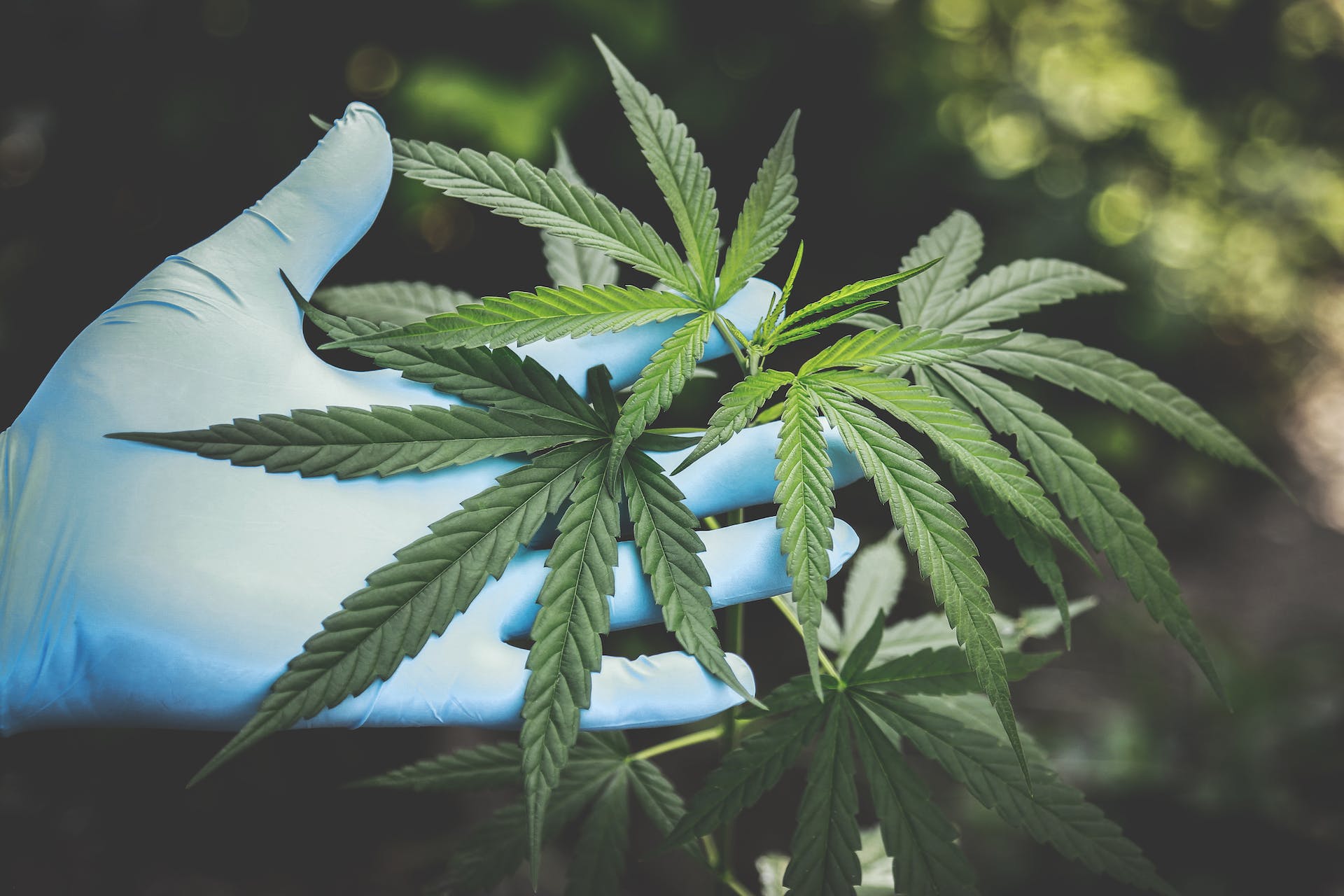Exploring the Health Benefits of Dill Weed: A Comprehensive Guide
by duncan Winter on Jul 08, 2024

Dill weed is a popular culinary herb known for its feathery green leaves and distinct flavor. Often used in a variety of dishes, from salads to soups, dill weed is not just a kitchen staple but also a powerhouse of nutrients. In this comprehensive guide, we will explore the various health benefits of dill weed, delving into its nutritional profile, medicinal properties, and practical uses in everyday cooking.
What is Dill Weed?
For millennia, people have valued dill weed, or Anethum graveolens as it is formally known, for its culinary and therapeutic properties. Dill weed is a Mediterranean native that is currently utilized extensively worldwide. It's critical to differentiate between dill seeds and dill weed. Dill seeds are the flat, oval fruits of the plant, whereas dill weed refers to the delicate, feathery leaves of the plant. Though they have different uses in cooking, both sections of the plant are utilized. While dill seeds are frequently used as a spice, dill weed is frequently utilized fresh to offer a blast of flavor.
Nutritional Profile of Dill Weed
Dill weed is a nutrient-dense herb, packed with essential vitamins and minerals. It has especially high levels of many B vitamins, vitamin C, and vitamin A. Additionally, dill weed contains important minerals such as calcium, iron, and manganese. The high antioxidant content in dill weed contributes to its health-promoting properties, helping to combat oxidative stress and support overall well-being.
Health Benefits of Dill Weed
The health benefits of dill weed are numerous, thanks to its rich nutrient profile. Here are some of the key health advantages associated with consuming dill weed:
Dill Weed for Digestive Health
Digestion aids have long been made from dill herbs. It has ingredients that aid in the relaxation of the gastrointestinal tract's muscles, which makes it useful for treating conditions like indigestion and bloating. Traditional medicine practices, particularly in European and Asian cultures, have utilized dill weed to soothe digestive discomforts for centuries.
Anti-Inflammatory and Antioxidant Properties of Dill Weed
The anti-inflammatory properties found in dill weed can help lessen inflammation in the body. Its remarkable antioxidant qualities shield cells from harm brought on by free radicals. Because of these qualities, dill weed is a beneficial addition to any diet that aims to promote general health and reduce inflammation.
Bone Health and Dill Weed
Dill weed is a good source of calcium, which is crucial for maintaining strong and healthy bones. In addition to calcium, it contains other minerals like magnesium and phosphorus, which play a role in bone formation and maintenance. Studies have shown that incorporating calcium-rich foods like dill weed can help in maintaining bone density and preventing conditions such as osteoporosis.
Boosting Immunity with Dill Weed
The high vitamin C content in dill weed is essential for a robust immune system. Vitamin C is known for its immune-boosting properties, helping to enhance the body's defense mechanisms against infections and diseases. Dill weed also contains other immune-supportive nutrients, making it a great addition to your diet for maintaining good health.
Using Dill Weed in Your Diet
It's simple to include dill weed in your regular meals, and it can improve the taste and nutritious content of your food. Here are some practical tips:
- Salads: Add fresh dill weed to salads for a burst of flavor.
- Soups and Stews: Use dill weed to season soups and stews.
- Sauces and Dressings: Mix chopped dill weed into sauces and salad dressings.
- Fish Dishes: Dill weed pairs exceptionally well with fish, particularly salmon.
Simple Recipe: Dill Weed Yogurt Sauce
Ingredients:
- 1 cup plain Greek yogurt
- 2 tablespoons chopped fresh dill weed
- 1 tablespoon lemon juice
- Salt and pepper to taste
Instructions:
- Whisk together the Greek yogurt, lemon juice, and dill weed in a bowl.
- To taste, add salt and pepper for seasoning.
- Mix well and serve as a dip or a sauce for grilled meats and vegetables.
Potential Side Effects and Precautions
While dill weed is generally safe for consumption, it is important to be aware of potential side effects. Dill weed allergy reactions can occur in certain people. Before using dill weed in your diet, check with your doctor if you are expecting, nursing, or taking any medications. Additionally, excessive consumption of dill weed may lead to gastrointestinal discomfort.
Dill weed is more than just a flavorful herb; it is a nutrient-rich addition to your diet that offers numerous health benefits. Dill weed can help you stay healthy overall by improving immunity and assisting with digestion. Enjoy the various advantages of incorporating this adaptable herb into your dishes.
For more health tips and nutritional guides, visit Higher Quality Seed Corp and explore our range of high-quality seeds and gardening advice.
FAQs
Does dill weed have health benefits?
Indeed, dill weed offers several health advantages, such as improving immunity, supporting bone health, decreasing inflammation, and facilitating digestion.
Is dill weed a superfood?
While dill weed is nutrient-dense and offers many health benefits, it is not typically classified as a superfood. Nonetheless, it is a beneficial supplement to a balanced diet due to its outstanding nutritional profile.
What are the side effects of dill weed?
Some potential side effects of dill weed include allergic reactions and gastrointestinal discomfort if consumed in large quantities. When taken moderately, most people can safely utilize it.
Can you eat too much dill weed?
Overindulging in dill weed can cause digestive distress and possibly trigger allergic reactions in certain people. It is best to consume dill weed in moderation.





